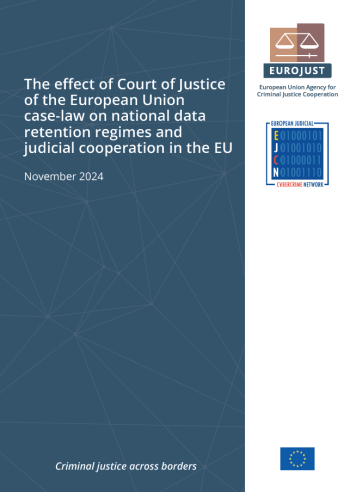home
Newsroom
Presidency agenda
Publications
Current affairs
Featured Projects

EuroMed Justice Project
Developing sustainable mechanisms for cross-border judicial cooperation in criminal matters with South Partner Countries.

Western Balkans Criminal Justice Project
Strengthening cooperation within the Western Balkans and between the region and the European Union in the fight against organised crime and terrorism.
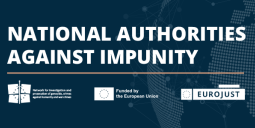
National Authorities Against Impunity
Enhancing cooperation between civil society organisations and national authorities investigating and prosecuting core international crimes in the EU and beyond.

SIRIUS
A central reference point in the EU for knowledge sharing on cross-border access to electronic evidence, co-implemented by Eurojust and Europol.

EMPACT
European Multidisciplinary Platform Against Criminal Threats: a security initiative to identify, prioritise and address threats posed by organised and serious international crime.

Intellectual Property Crime Project
Enhancing judicial action against counterfeiting, piracy and other IP infringements, and helping the EUIPO enforce IP rights.
Featured Publications
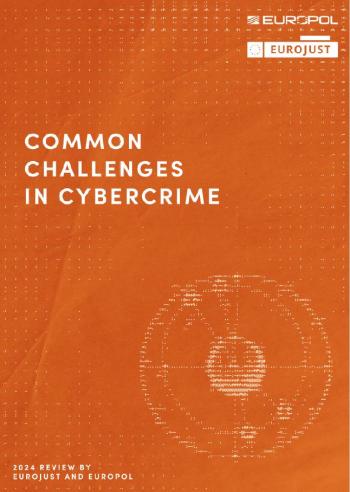
Common challenges in cybercrime
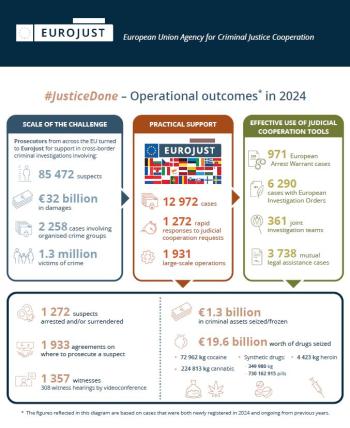
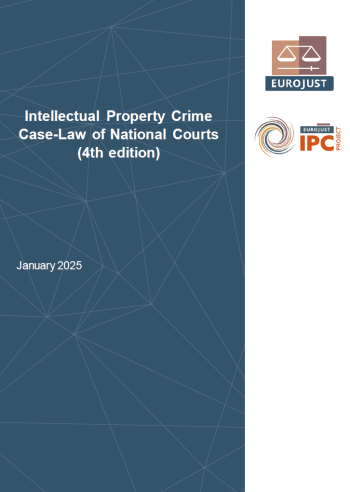
Intellectual Property Crime Case-Law of National Courts 2025
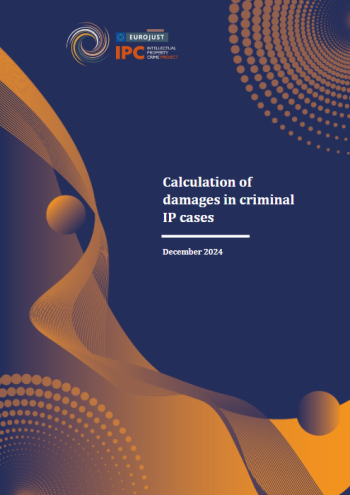
Calculation of damages in criminal IP cases
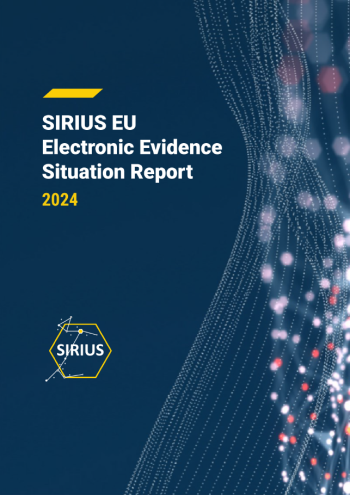
SIRIUS EU Electronic Evidence Situation Report 2024
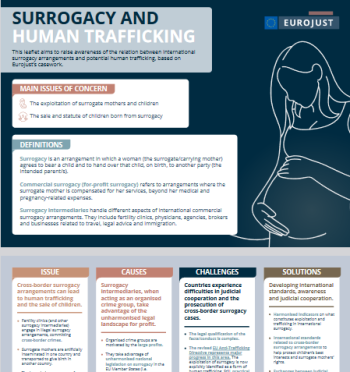
Surrogacy and human trafficking
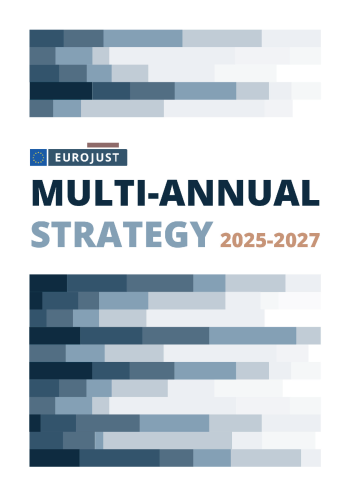
Multi-Annual Strategy 2025-2027
